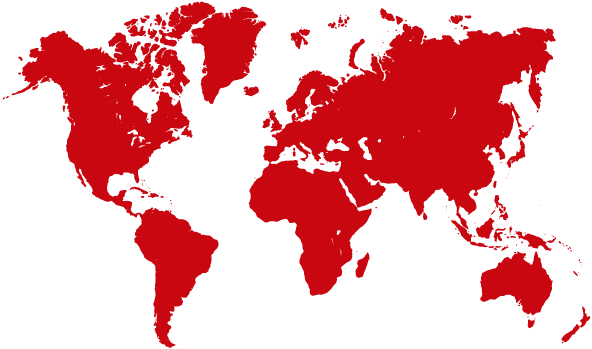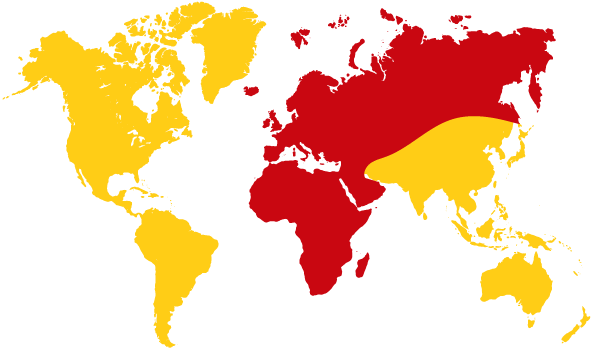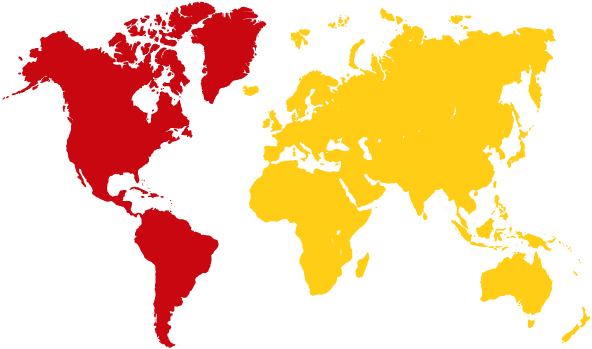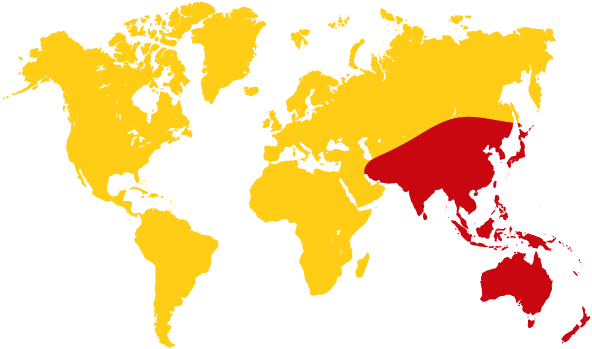Radio amateurs contribute their community and the world at large in several ways.
Following the birth of radio communication at the start of the 20th century, radio amateurs were at the leading edge of technological developments for many decades. Many of today’s radio communications technologies were first developed by radio amateurs. Even today, when radio communication is a more mature technology, radio amateurs still push the frontiers of the science, both in terms of its hardware and software elements and also in the field of radio propagation research.
An interest in amateur radio has allowed thousands of people to follow rewarding careers in the high technology sector. Amateur radio contributes to the national skill base and thereby to the economic wellbeing of the country.
Radio Amateurs also have a long tradition of helping their communities recover in times of emergency or disaster. They do this by providing strong, decentralised systems that provide the basic network needed to bring up the services now seen as essential by the public. They can also provide interoperability links between users of different radio systems who may not normally work together like Voluntary Agencies.
Amateur radio is supported in this by recommendations from the ITU encouraging the Amateur Service and the administrations in each country to develop and support Radio Amateurs in providing this service. In turn, the IARU encourages sharing of information between Emergency Communications Groups and also identifies frequencies in the amateur spectrum where emergency traffic should be passed.
Every country is different. Some experience natural disasters or emergencies very frequently, others only rarely. But they happen everywhere sooner or later. Amateurs conduct training in association with their local emergency services. If local regulations allow they may also exercise their skills by providing communications for Public Service events such as long distance runs, walks or triathlons.



